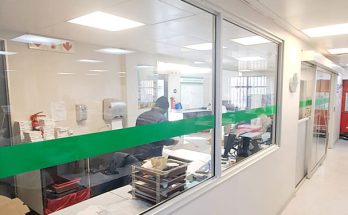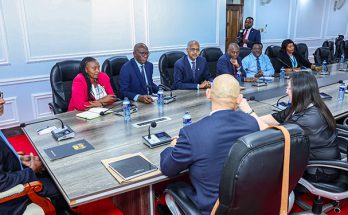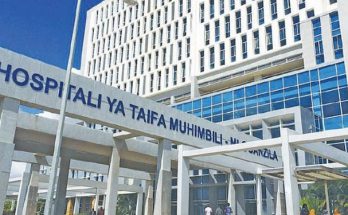 Export of Kenyan oil is likely to begin sooner than expected with the government under pressure to resolve a dispute over the sharing of revenues between the local community and Nairobi.
Export of Kenyan oil is likely to begin sooner than expected with the government under pressure to resolve a dispute over the sharing of revenues between the local community and Nairobi.
Tullow Oil, British explorer, which contends it has invested a staggering Sh100 billion in Kenya over the past six years, is pushing for implementation of the Early Oil Pilot Scheme (EOPS) to enable it a test and profile its wells, start recouping its investments and arrest its loss-making stream.
The push by the firm comes at a time when there is some pessimism about Kenya’s petrodollar dreams after a full assessment of all the exploration and appraisal data showed the country’s recoverable crude in south Lokichar basin stands at 560 million barrels and not 750 million barrels as earlier believed.
However, Kenya has sunk only a few explorative wells and the opportunities for greater oil finds to exist.
The appointment of John Munyes as the Cabinet Secretary for Petroleum might ease relations with the host community and may aid the EOPS programmer.
The community has vowed that no oil will leave Lokichar before their demands are met.
The three companies contracted to carry the crude from Lokichar to the Kenya Petroleum Refinery Limited storage tanks in Mombasa via road have also been informed to be on standby.
The fact that Tullow Oil has started staff downscaling and movement of equipment and machines from Turkana after announcing it has completed exploration and appraisal activities shows the company is now focused primarily on production and exportation.
“Seismic equipment is being moved out of Turkana because the focus now is basically on production,” a source familiar with the goings-on said.
Kenya is using the EOPS to join the league of oil exporting nations before large-scale production can commence in 2021.



